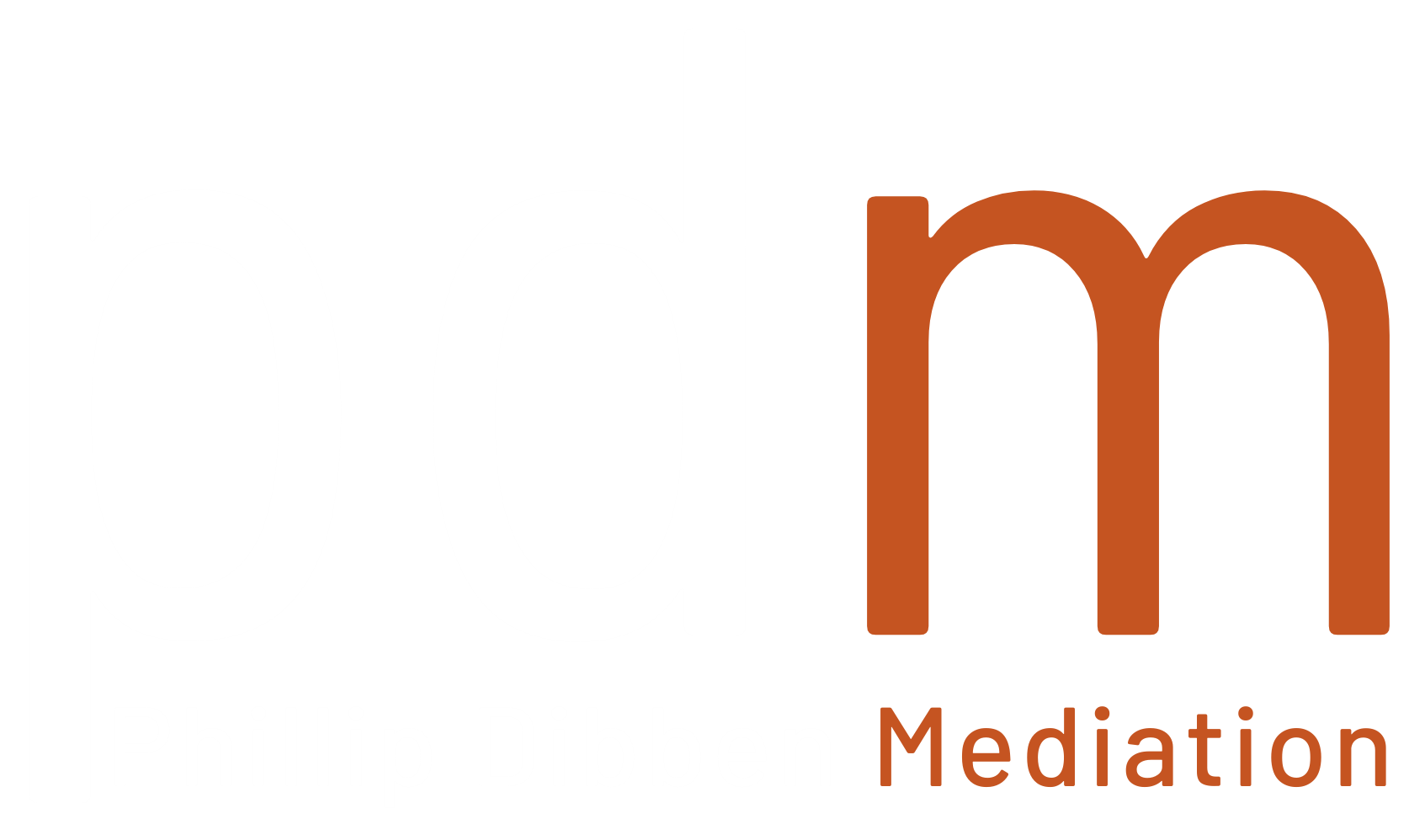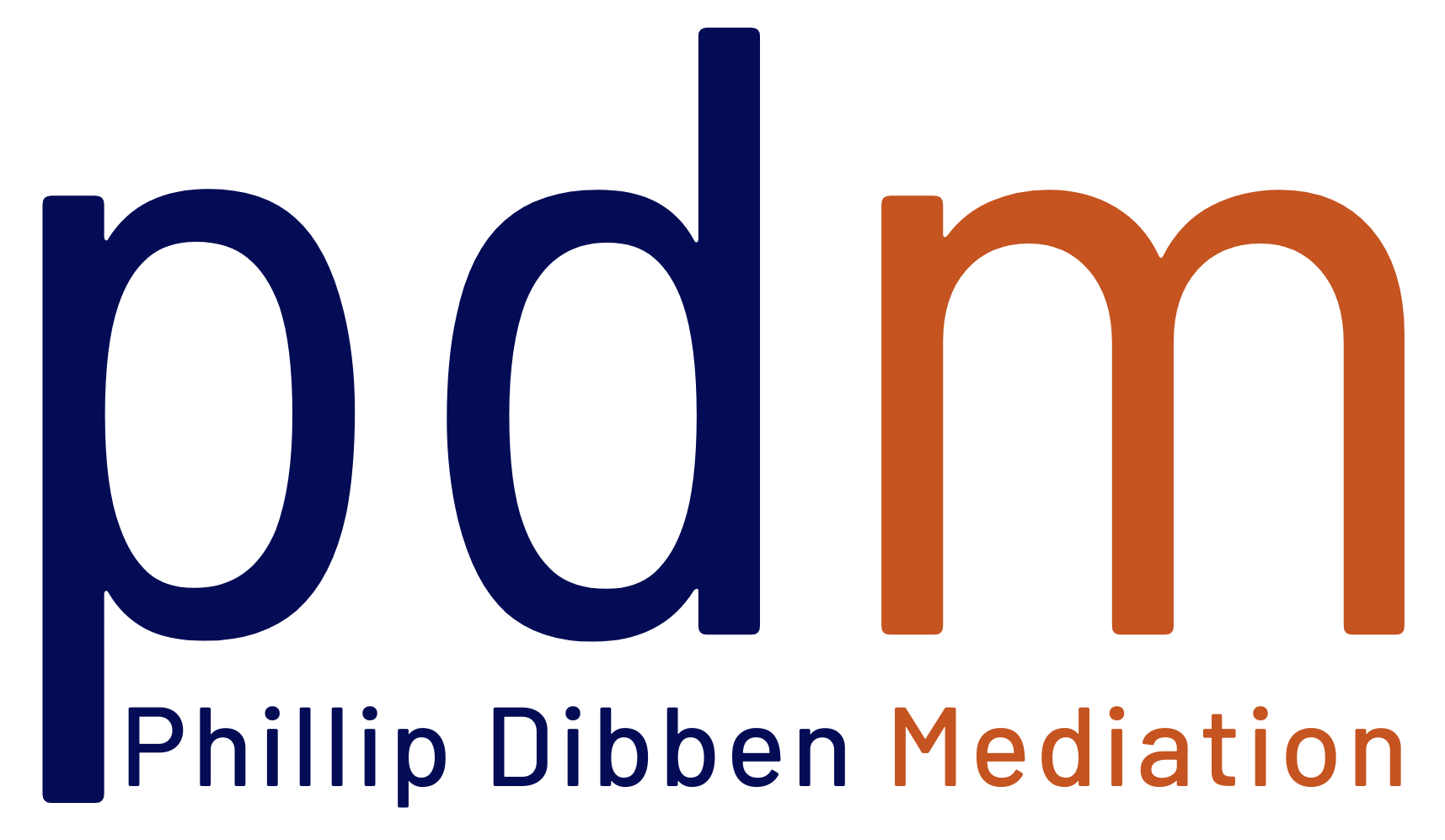My husband and I engaged Phillip Dibben Mediation to assist us with the transition to retirement and farm succession. We had been told of his expertise by friends and associates who had engaged his services.
He has a strong understanding of the often complex family farm business, which I believe he gained in his past professional life of banking. Dibbo has a very affable and friendly personality which automatically gave us confidence in his ability to advise. Through his expertise, we were able to prioritise goals and actions for a comfortable retirement and make informed decisions with farm succession. He always had our best interests at heart first and foremost, which we highly value.















